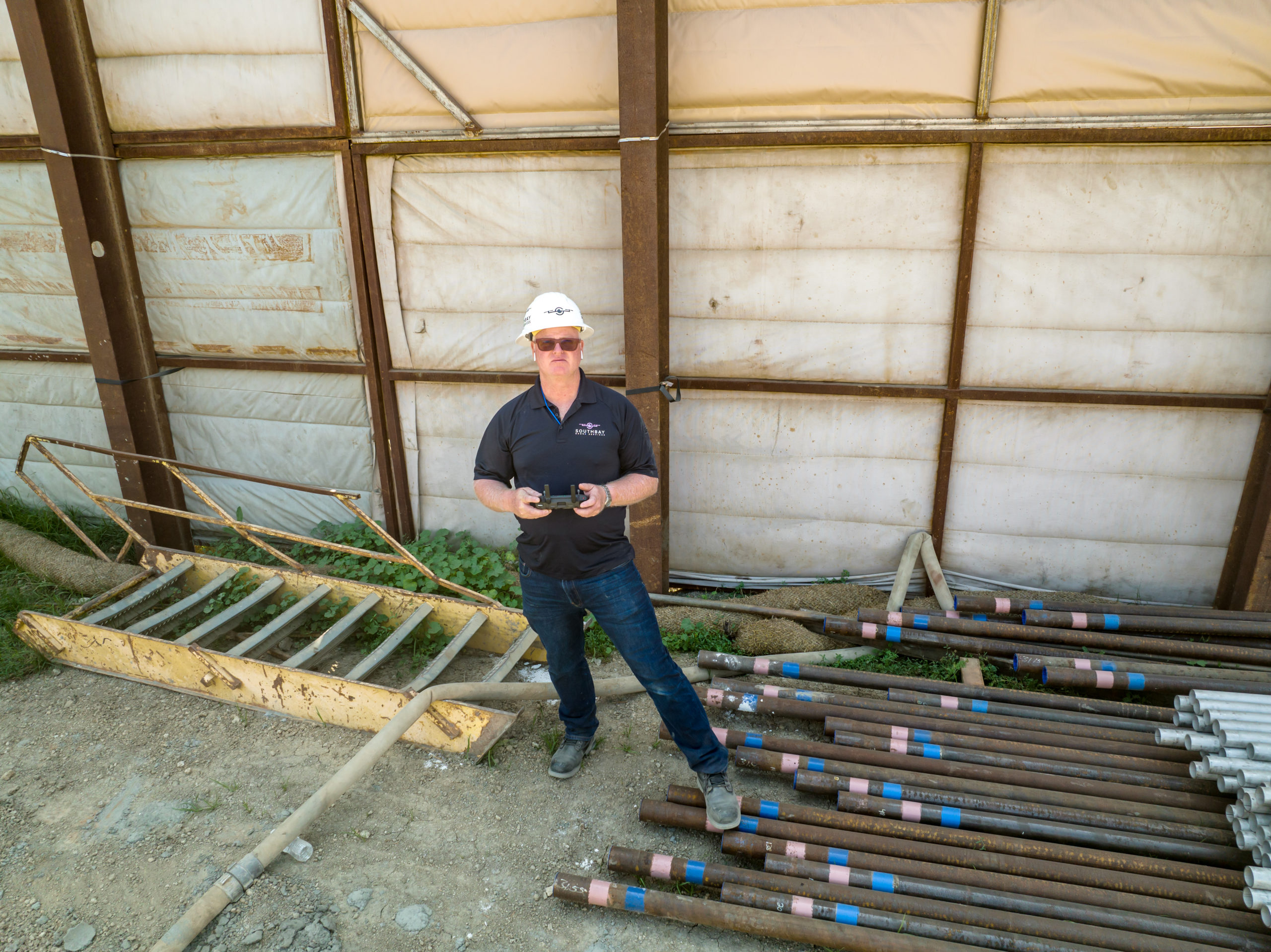In the dynamic world of commercial construction, drone technology has emerged as a valuable tool for enhancing project efficiency, safety, and documentation. However, to harness the full potential of drones, it is crucial for commercial construction companies to hire a skilled and competent drone pilot. In this article, we highlight the key factors that a commercial construction company should consider when hiring a drone pilot.
- Part 107 Certification:
The Federal Aviation Administration (FAA) requires commercial drone pilots to hold a Part 107 Remote Pilot Certificate. This certification demonstrates that the pilot has met the FAA’s safety requirements, understands airspace regulations, and is knowledgeable about drone operation. When hiring a drone pilot, ensure that they possess a valid Part 107 certification to ensure compliance with legal and safety obligations.
- Experience in Construction Photography:
Construction projects require specialized expertise in capturing aerial imagery that aligns with industry standards. Look for a drone pilot with experience specifically in construction photography. They should understand the unique challenges and requirements of documenting construction sites, such as capturing accurate measurements, detailed site progress, and specific angles for showcasing architectural features. Prior experience in the construction industry provides valuable insights into the specific needs of your project.
- Knowledge of Airspace Regulations and Authorization:
Commercial construction sites often fall within controlled airspace, which requires proper authorization for drone operations. A competent drone pilot should have a thorough understanding of airspace regulations and possess the ability to secure necessary authorizations, such as Low Altitude Authorization and Notification Capability (LAANC) authorization, when required. Ensuring that the pilot is familiar with the process of obtaining airspace authorizations demonstrates their professionalism and commitment to compliance.
- Versatility and Equipment:
Evaluate the drone pilot’s equipment and versatility in capturing different types of shots. A skilled pilot should have access to high-quality drones with the ability to capture high-resolution images and videos. Additionally, consider whether the pilot has the necessary equipment for specialized shots, such as interior shots that do not require a drone. Versatility in capturing different perspectives and angles will enhance the quality and range of documentation for your construction project.
- Insurance and Liability Coverage:
Construction sites involve potential risks and liabilities. It is essential to hire a drone pilot who carries appropriate insurance coverage to protect against any mishaps or accidents during drone operations. Verify that the pilot has liability insurance coverage with a sufficient policy limit, ideally at least 1 million dollars. This ensures that both the pilot and your company are adequately protected in case of any unfortunate incidents.
Conclusion:
When it comes to hiring a drone pilot for commercial construction, thorough consideration of their qualifications and capabilities is crucial. Look for a pilot with a valid Part 107 certification, experience in construction photography, knowledge of airspace regulations, and the ability to obtain necessary authorizations. Versatility in capturing different types of shots and having the appropriate equipment is also important. Lastly, ensure that the pilot carries adequate insurance coverage to mitigate potential risks and liabilities. By carefully selecting a competent drone pilot, commercial construction companies can leverage the power of drone technology to enhance project management, documentation, and overall success.

